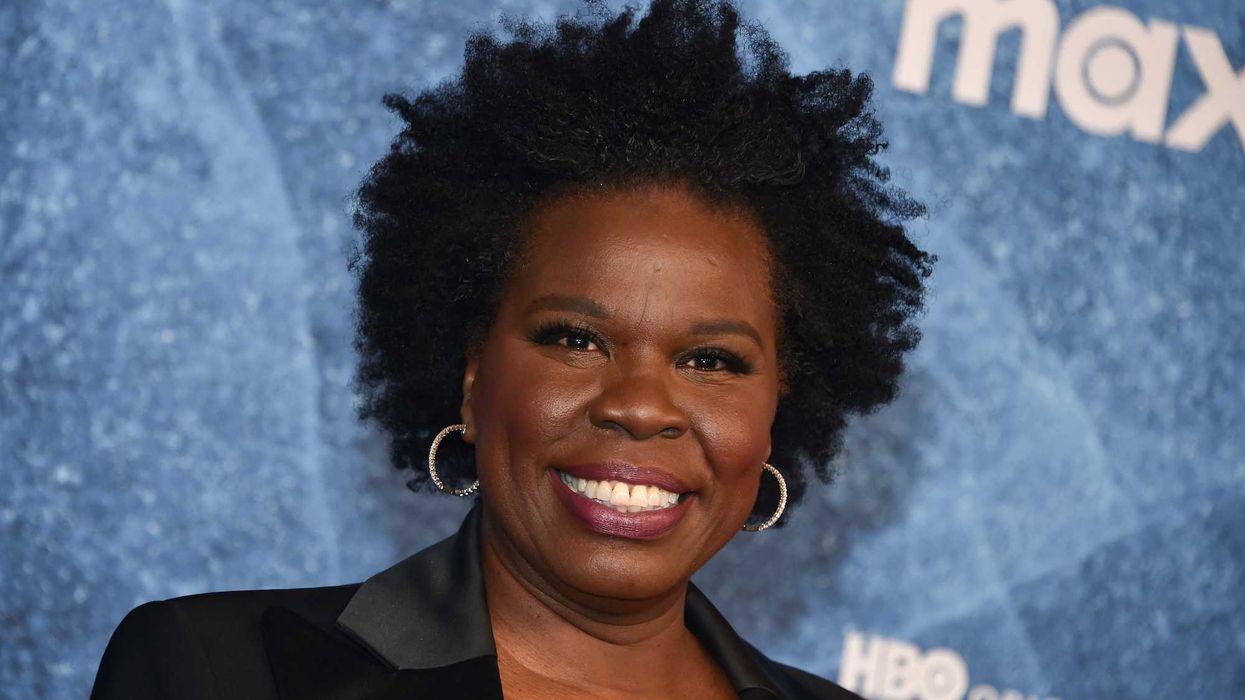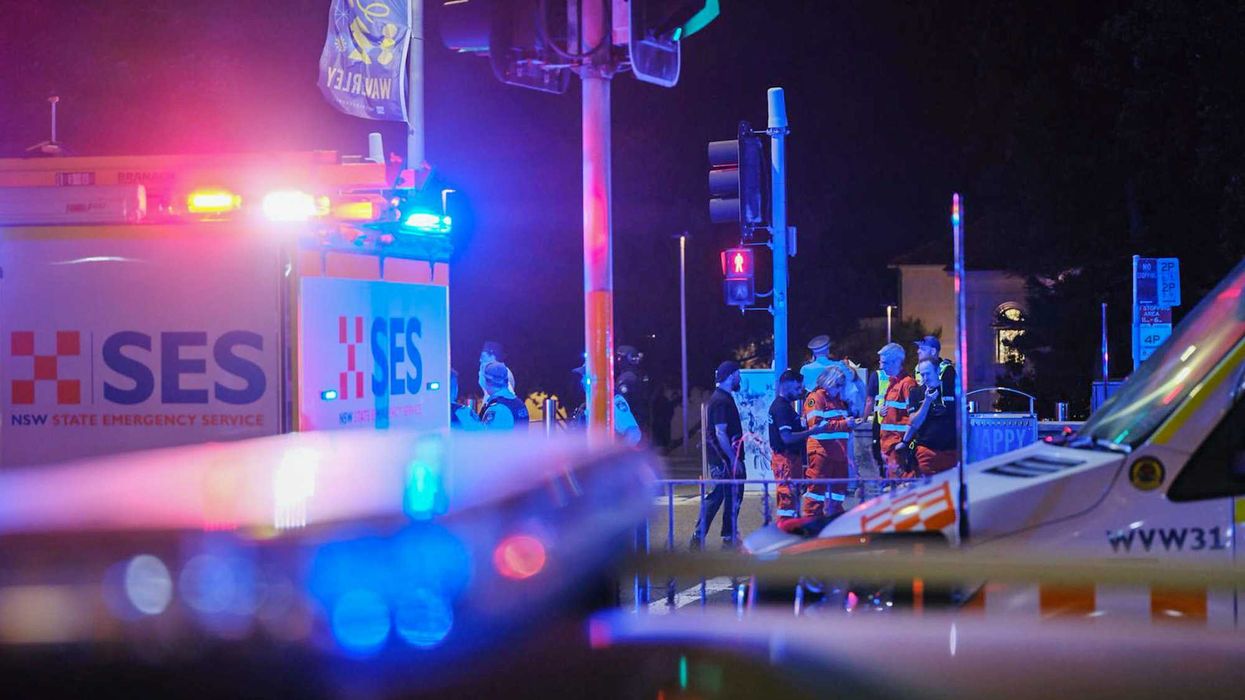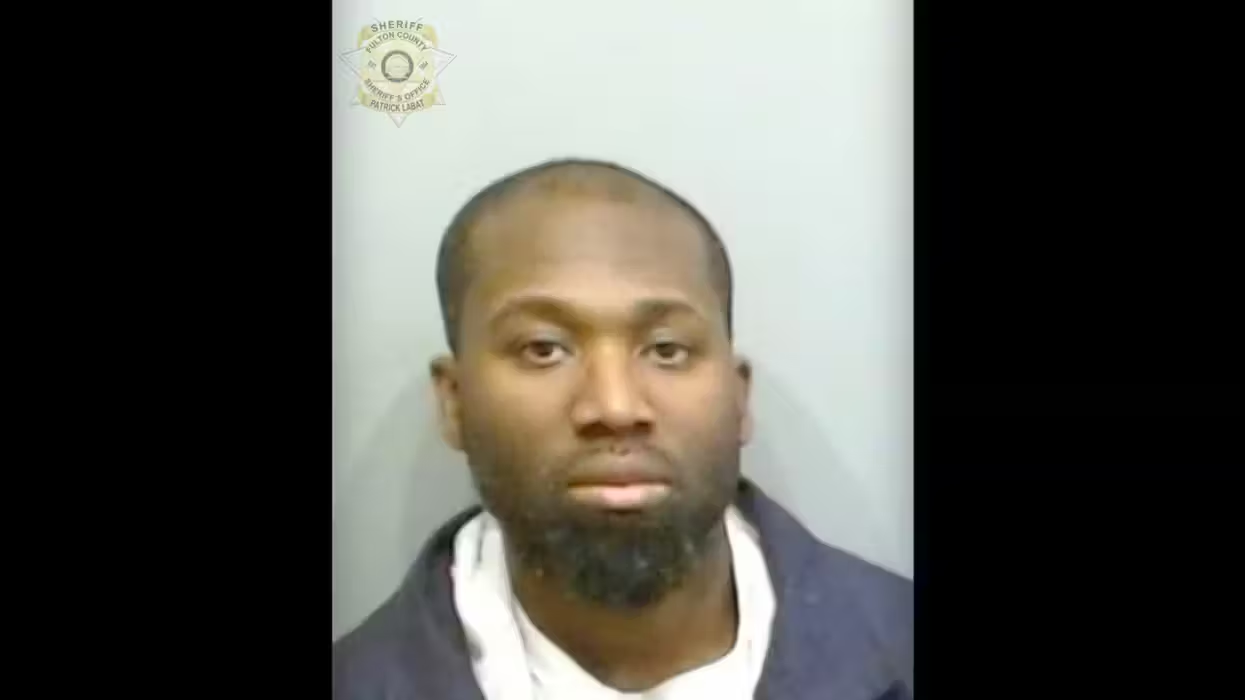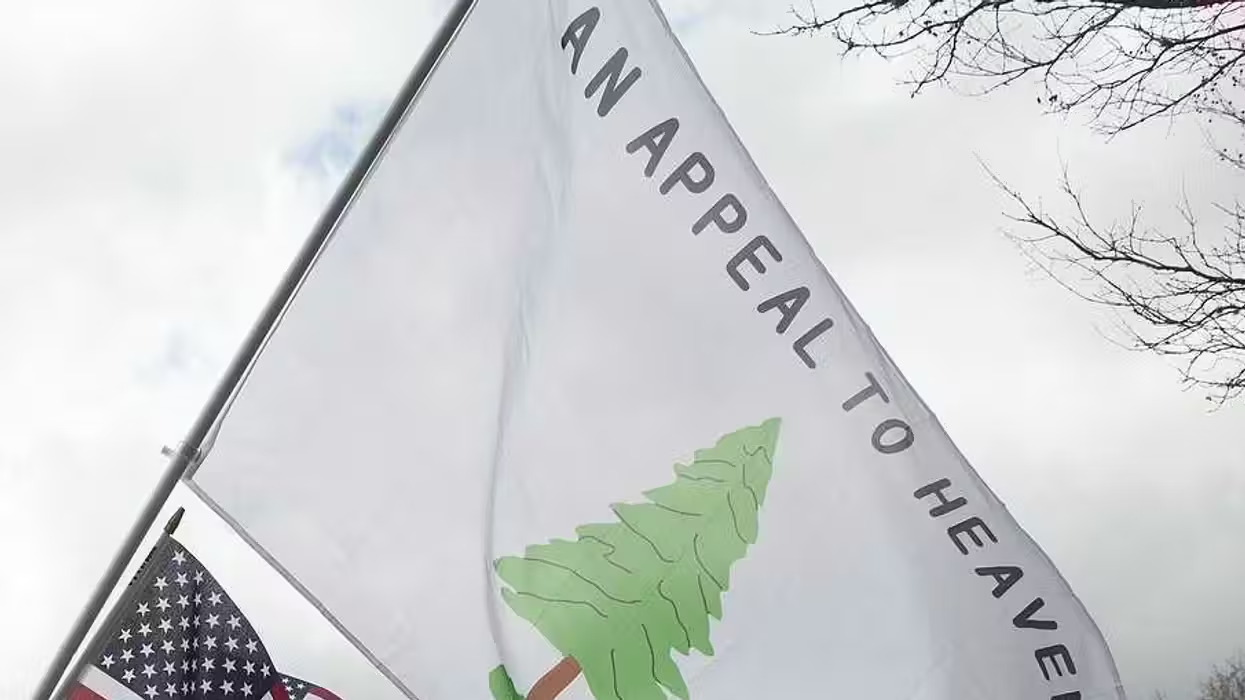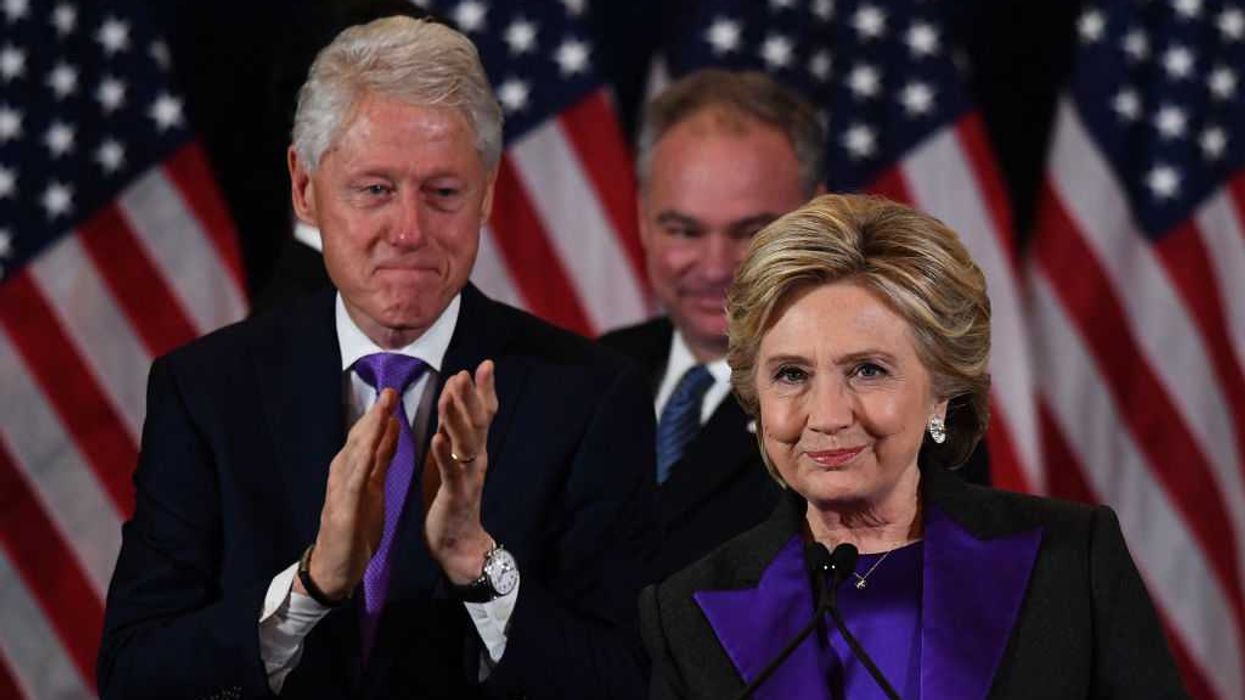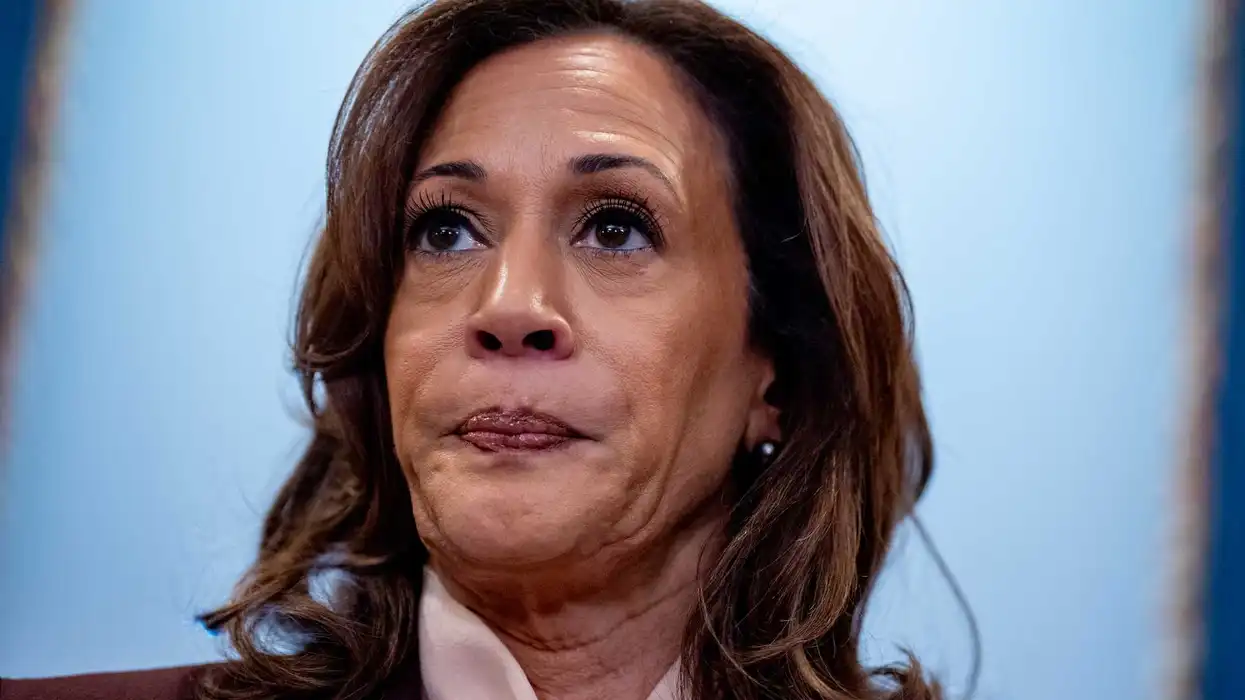
© 2025 Blaze Media LLC. All rights reserved.
"CEOs are rarely in the business of apologizing."
CEOs are rarely in the business of apologizing. They leave the “I’m sorry” to public relation executives or other managers down the corporate ladder. However, every so often, a CEO apologizes for a major mistake or misstep made by the company he runs, and usually the action is taken under extreme pressure.
This happened recently with the recall of more than 8 million Toyota autos and the collapse of the Sony PlayStation Network. The CEOs of the two companies faced such extraordinary customer revolt and bad press that they hoped an apology would improve the reputations of their corporations. It is not clear in either case whether it has worked.
24/7 Wall St. looked at the worst public relations disasters of the last decade and identified ten CEO apologies where a statement from the executive was critical. Each case explains why the CEO decided to apologize and why it would have been almost impossible not to.
 Netflix
Netflix
CEO: Reed Hastings
Year: 2011
Incident: Sudden price increase
Reed Hastings runs one of the most successful media companies in the country. The Netflix DVD-by-mail model nearly ran Blockbuster out of the rental business single-handedly. The company followed with a new model that allowed people to stream premium content to their PCs and TVs. Last month, the company decided to raise rates by as much as 60 percent. The reaction from customers was significant. In a letter beginning with “I messed up. I owe everyone an explanation,” Reed apologized for the confusion over the new model.
 JPMorgan Chase
JPMorgan Chase
CEO: Jamie Dimon
Year: 2010
Incident: “Robo foreclosures”
In September 2010, JPMorgan Chase ordered the freezing of 56,000 in-progress mortgage foreclosures. The action came after it was revealed that these foreclosures had been “robo-signed” or automatically approved without being reviewed or authorized. The scandal led CEO Jamie Dimon to apologize at a shareholders’ meeting last May: “We are doing everything we can to keep people in their homes that should stay in their homes.” Dimon engineered the rapid rise of JPMorgan Chase from the 2008 banking crisis. He was able to enhance the bank’s normal commercial and consumer earnings and JPMorgan’s stock has outperformed that of Goldman Sachs, Bank of America, and Citigroup during the past two years.
 Tepco
Tepco
CEO: Masataka Shimizu
Year: 2011
Incident: Japan nuclear disaster
On March 11, 2011, a 9.0-magnitude earthquake hit Japan near the Pacific coast of the Tohoku region. The quake and the subsequent tsunami officially killed more than 15,000 people and caused tremendous damage. And things were about to get even worse. After the earthquake, a number of explosions rocked the Fukushima Daiichi nuclear plant owned by the Tokyo Electric Power Company (TEPCO), and caused radiation to be released. Twenty-nine hours after the first explosion, Masataka Shimizu, Tepco’s chief executive, apologized. The company reported a $15 billion net loss after the incident, and Shimizu stepped down.
 News Corporation
News Corporation
CEO: Rupert Murdoch
Year: 2011
Incident: New of the World phone hacking
Rupert Murdoch, founder of News Corp., may be the most accomplished press baron of the past 50 years. He built a small Australian newspaper business into a worldwide media empire. He may have met his Waterloo in the phone hacking scandal, which began at News of the World around 2005. In one of the worst cases, it is believed that reporters hacked the voicemail of a murdered girl, an act that is not only morally bankrupt and illegal, but it also disrupted police investigations into the murder. In his apology, Murdoch stated, “News of the World was in the business of holding others to account. It failed when it came to itself.”
 Facebook
Facebook
CEO: Mark Zuckerberg
Year: 2006
Incident: Newsfeed privacy scandal
Facebook’s privacy settings have always been controversial. They may have been at their worst in 2006, when thousands of users became furious at the lack of control they had over the newly integrated “news feed” feature. The new widget allowed anyone on Facebook to see the users’ personal activities, photos, and relationship status changes. CEO Mark Zuckerberg, in a message to the Facebook community, issued a lengthy apology, which began with the memorable sentence: “We really messed this one up.” He then went on to say: “[W]e missed this point with News Feed and Mini-Feed and we didn’t build in the proper privacy controls right away. This was a big mistake on our part, and I’m sorry for it. But apologizing isn’t enough.” Zuckerberg announced the company would be integrating the privacy settings many were demanding. The privacy concerns on Facebook remain an issue to this day.
 Sony
Sony
CEO: Howard Stringer
Year: 2011
Incident: PlayStation Network hack
In April 2011, Sony’s PlayStation Network (PSN) was hacked. The personal information of 77 million users was exposed and users were unable to use the service for over two weeks. It was one of the largest data security breaches ever. Approximately three weeks after the cyber attacks, Sony’s CEO Howard Stringer offered an apology. “I know this has been a frustrating time for all of you,” he wrote. “As a company we — and I — apologize for the inconvenience and concern caused by this attack.” To make up for the attack, Stringer offered users identity theft insurance and PSN membership perks.
 JetBlue
JetBlue
CEO: David Neeleman
Year: 2007
Incident: Passengers stranded on planes for hours
Leading up to the President’s Day weekend in 2007, a bout of terrible weather disrupted air travel in the Northeast and Midwest, causing a group of JetBlue planes to remain on the tarmac for hours at JFK airport — with passengers on board. In one case, passengers remained on a stranded plane for 11 hours before they were allowed to return to the airport. The delays, and lack of information to passengers on the planes and the airport, caused a public outcry against the company. Soon after, company CEO David Neeleman issued a formal apology: “Words cannot express how truly sorry we are for the anxiety, frustration and inconvenience that you, your family, friends and colleagues experienced. This is especially saddening because JetBlue was founded on the promise of bringing humanity back to air travel, and making the experience of flying happier and easier for everyone who chooses to fly with us. We know we failed to deliver on this promise last week.” According to JD Power’s 2011 North American Airline Satisfaction Survey, JetBlue’s reputation has bounced back, but this was easily the low point in the company’s PR history.
 Toyota
Toyota
CEO: Akio Toyoda
Year: 2010
Incident: “Unintended acceleration” deaths and recall
In 2010, Toyota recalled 8.1 million vehicles after a series of incidents and accidents related to unintended acceleration had caused as many as 89 deaths. After one such incident, in which a family of four was killed when their Lexus crashed through an intersection, CEO Akio Toyoda issued a formal apology. “Four precious lives have been lost. I offer my deepest condolences,” Toyoda said. “Customers bought our cars because they thought they were the safest. But now we have given them cause for grave concern. I can’t begin to express my remorse.” Toyota’s sales problems continue to this day, exacerbated to some extent by the Japan earthquake in March. General Motors recently passed Toyota as the number one car company in the world.
 Bridgestone/Firestone
Bridgestone/Firestone
CEO: Yoichiro Kaizaki
Year: 2000
Incident: Tread separation leading to Ford rollovers
In the mid to late 1990s, a series of rollovers in Ford vehicles was caused by apparent tire tread separation in a particular make of Firestone tires. After a government inquiry, Bridgestone/Firestone was required to issue a voluntary recall on 6.5 million tires. After the issue became public, the tire company’s CEO, Yoichiro Kaizaki, issued a lackluster formal apology stating, “I apologize to all shareholders for making you worried.” This recall cost the company an estimated $350 million, and Kaizaki resigned in January 2001.
 BP
BP
CEO: Tony Hayward
Year: 2010
Incident: Gulf oil spill
On April 20, 2010, the Deepwater Horizon oilrig exploded, caught fire, and sank off the coast of Louisiana, releasing millions of gallons of oil from BP’s Macondo well into the Gulf of Mexico. In June, the Attorney General launched a criminal investigation into the spill. That month, BP CEO Hayward was famously quoted as saying, “I’m sorry. We’re sorry for the massive disruption it’s caused their lives. There’s no one who wants this over more than I do. I’d like my life back.” Later that month, Hayward was brought before a congressional hearing for an hour and a half of questioning during which he broke down and again apologized, “It never should have happened, and I am deeply sorry that it did.” The next day, Hayward handed over day-to-day operations of the company, and left BP entirely in July 2010.
(Douglas A. McIntyre, Michael B. Sauter, Charles B. Stockdale/Becket Adams — 27/7 Wall St./The Blaze)
Want to leave a tip?
We answer to you. Help keep our content free of advertisers and big tech censorship by leaving a tip today.
Want to join the conversation?
Already a subscriber?
more stories
Sign up for the Blaze newsletter
By signing up, you agree to our Privacy Policy and Terms of Use, and agree to receive content that may sometimes include advertisements. You may opt out at any time.
Related Content
© 2025 Blaze Media LLC. All rights reserved.
Get the stories that matter most delivered directly to your inbox.
By signing up, you agree to our Privacy Policy and Terms of Use, and agree to receive content that may sometimes include advertisements. You may opt out at any time.

